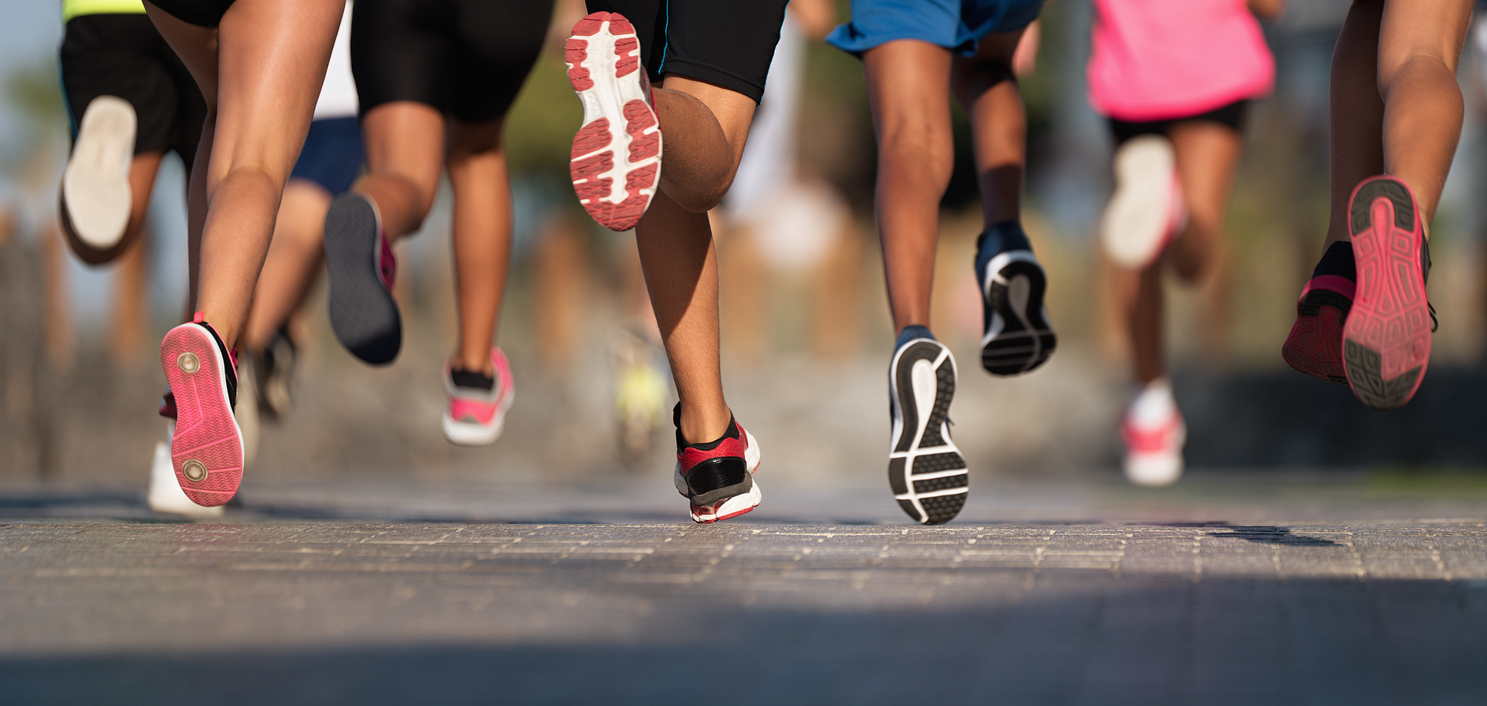In its first global study, WHO finds 4 in 5 kids aren't getting enough exercise


A free daily email with the biggest news stories of the day – and the best features from TheWeek.com
You are now subscribed
Your newsletter sign-up was successful
About 80 percent of adolescents around the globe are getting less than the recommended 60 minutes of exercise, according to the World Health Organization's first-ever global study of physical activity among kids ages 11 to 17.
The study found that girls were less active than boys worldwide, with the biggest gender gaps in the United States and Ireland. It also mentioned that many sports in the United States seem designed to attract boys more than girls. In a press release on Friday, author Dr. Regina Guthold of WHO, pushed for "urgent policy action" to particularly "promote and retain girls' participation in physical activity."
Leisure activities today tend to be "more sedentary and screen-based rather than being outdoor exercise, sport or play," Dr. Juana Willumsen, a WHO expert on physical activity, told CNBC.
The Week
Escape your echo chamber. Get the facts behind the news, plus analysis from multiple perspectives.

Sign up for The Week's Free Newsletters
From our morning news briefing to a weekly Good News Newsletter, get the best of The Week delivered directly to your inbox.
From our morning news briefing to a weekly Good News Newsletter, get the best of The Week delivered directly to your inbox.
But the WHO's study asserts that there is no compromise when it comes to health. "Four in every five adolescents do not experience the enjoyment and social, physical, and mental health benefits of regular physical activity," Fiona Bull, co-author of the study told Reuters, and urged policymakers worldwide to "act now for the health of this and future young generations."
A free daily email with the biggest news stories of the day – and the best features from TheWeek.com
Ramisa Rob is a web intern at The Week. She is also an investigative reporting fellow at Brian Ross Investigates, and has previously worked for the The Daily Star. A recent graduate of the University of Michigan, she is currently pursuing her Masters at NYU Tisch.
-
 The week’s best photos
The week’s best photosIn Pictures An Andean god, a rogue squirrel, and more
-
 ‘Zero trimester’ influencers believe a healthy pregnancy is a choice
‘Zero trimester’ influencers believe a healthy pregnancy is a choiceThe Explainer Is prepping during the preconception period the answer for hopeful couples?
-
 AI surgical tools might be injuring patients
AI surgical tools might be injuring patientsUnder the Radar More than 1,300 AI-assisted medical devices have FDA approval
-
 Trump HHS slashes advised child vaccinations
Trump HHS slashes advised child vaccinationsSpeed Read In a widely condemned move, the CDC will now recommend that children get vaccinated against 11 communicable diseases, not 17
-
 FDA OKs generic abortion pill, riling the right
FDA OKs generic abortion pill, riling the rightSpeed Read The drug in question is a generic version of mifepristone, used to carry out two-thirds of US abortions
-
 RFK Jr. vaccine panel advises restricting MMRV shot
RFK Jr. vaccine panel advises restricting MMRV shotSpeed Read The committee voted to restrict access to a childhood vaccine against chickenpox
-
 Texas declares end to measles outbreak
Texas declares end to measles outbreakSpeed Read The vaccine-preventable disease is still spreading in neighboring states, Mexico and Canada
-
 RFK Jr. shuts down mRNA vaccine funding at agency
RFK Jr. shuts down mRNA vaccine funding at agencySpeed Read The decision canceled or modified 22 projects, primarily for work on vaccines and therapeutics for respiratory viruses
-
 Measles cases surge to 33-year high
Measles cases surge to 33-year highSpeed Read The infection was declared eliminated from the US in 2000 but has seen a resurgence amid vaccine hesitancy
-
 Kennedy's vaccine panel signals skepticism, change
Kennedy's vaccine panel signals skepticism, changeSpeed Read RFK Jr.'s new vaccine advisory board intends to make changes to the decades-old US immunization system
-
 Kennedy ousts entire CDC vaccine advisory panel
Kennedy ousts entire CDC vaccine advisory panelspeed read Health Secretary RFK Jr. is a longtime anti-vaccine activist who has criticized the panel of experts
